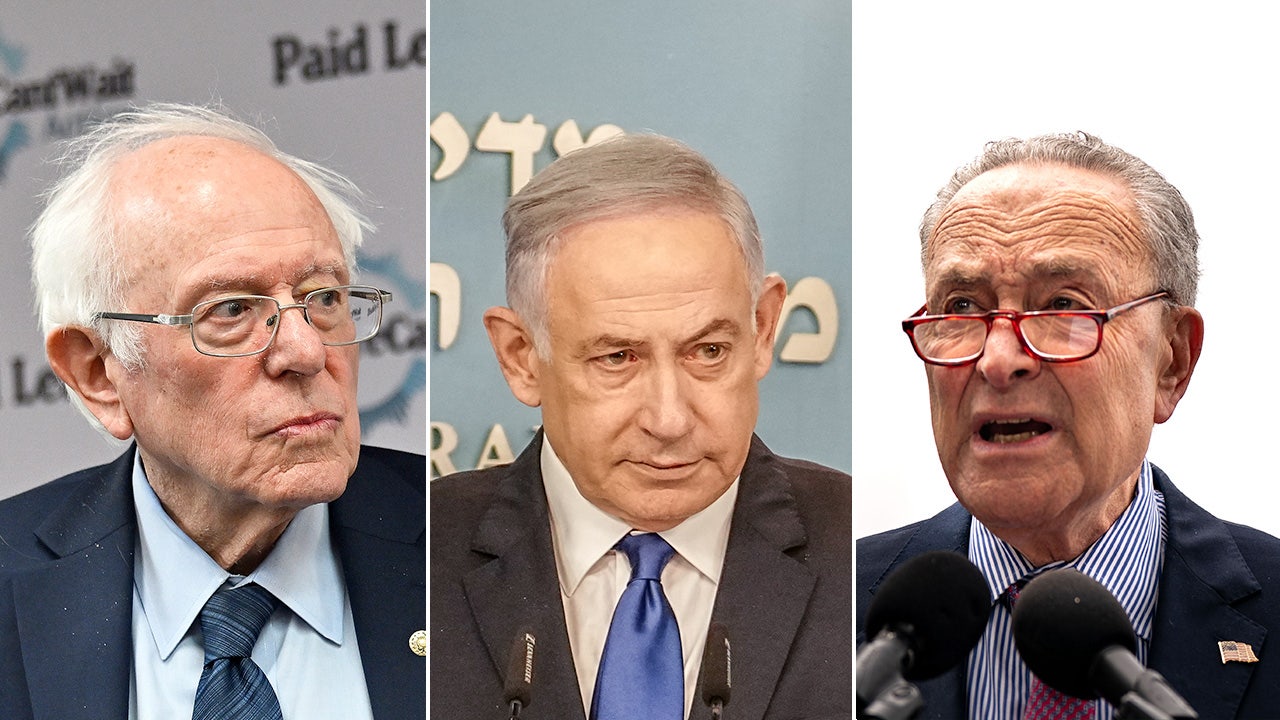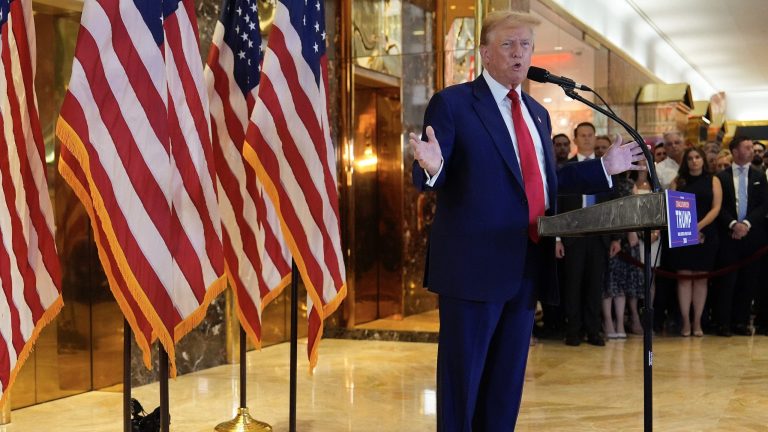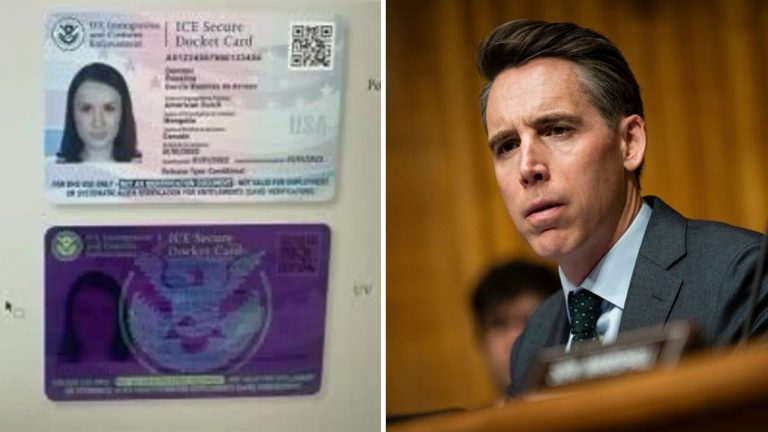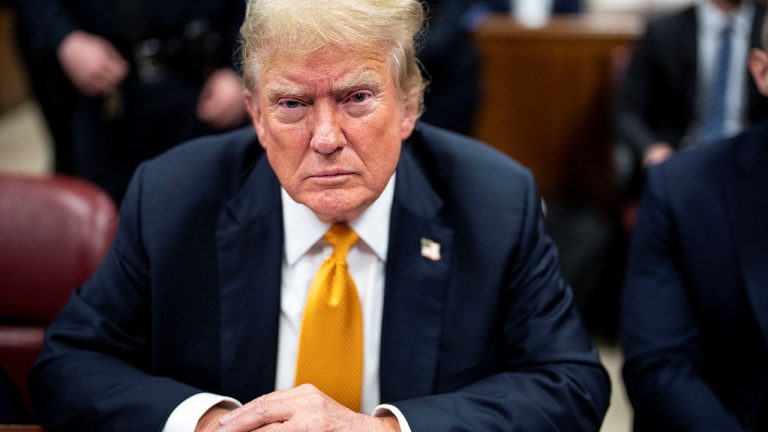Schumer explains why he invited Netanyahu to Congress, despite criticism from liberals.
Senate Majority Leader Chuck Schumer, D-N.Y., has made headlines by extending an invitation to Israeli Prime Minister Benjamin Netanyahu to address Congress, sparking controversy among progressive Democrats. Schumer defended his decision in a statement issued late Thursday night, acknowledging his disagreements with Netanyahu but emphasizing the importance of the enduring relationship between America and Israel.
The announcement of Netanyahu’s upcoming address to Congress on July 24 has stirred mixed reactions, with Schumer signing the invitation alongside bipartisan leaders in both chambers. Despite the bipartisan support, progressive lawmakers, including Sen. Bernie Sanders, I-Vt., have voiced their disapproval and suggested they may not attend the address.
Sanders, known for his criticism of Netanyahu, called him a “war criminal” in light of the International Criminal Court’s recent request for warrants against both Hamas and Israeli leaders. The ICC’s decision to probe allegations of “war crimes” has drawn criticism from both Democrats and Republicans, with President Biden also expressing his disapproval.
Amidst the backlash from progressives, Schumer has not directly responded to their concerns, leaving some to speculate about the motives behind the invitation to Netanyahu. However, it is evident that Schumer’s decision to include Netanyahu in the Congressional address reflects his commitment to upholding the longstanding relationship between the U.S. and Israel.
Rep. Alexandria Ocasio-Cortez, D-N.Y., has also raised doubts about attending Netanyahu’s address, stating that she may not approve of it and potentially opt out of the event. The reluctance of progressive lawmakers to participate in the address underscores the deep divisions within the Democratic Party regarding foreign policy and the Israeli-Palestinian conflict.
Schumer’s office has remained tight-lipped about whether his statement was a direct response to the discontent expressed by progressive members of Congress. Earlier this year, Schumer had called for new elections in Israel and urged the country to replace Netanyahu as prime minister, citing concerns about his leadership priorities.
Overall, Schumer’s decision to invite Netanyahu to address Congress has reignited debates about U.S. foreign policy in the Middle East and the complex dynamics of the Israel-U.S. relationship. As the date for Netanyahu’s speech approaches, all eyes will be on Congress to see how the event unfolds and what impact it will have on diplomatic relations between the two nations.








